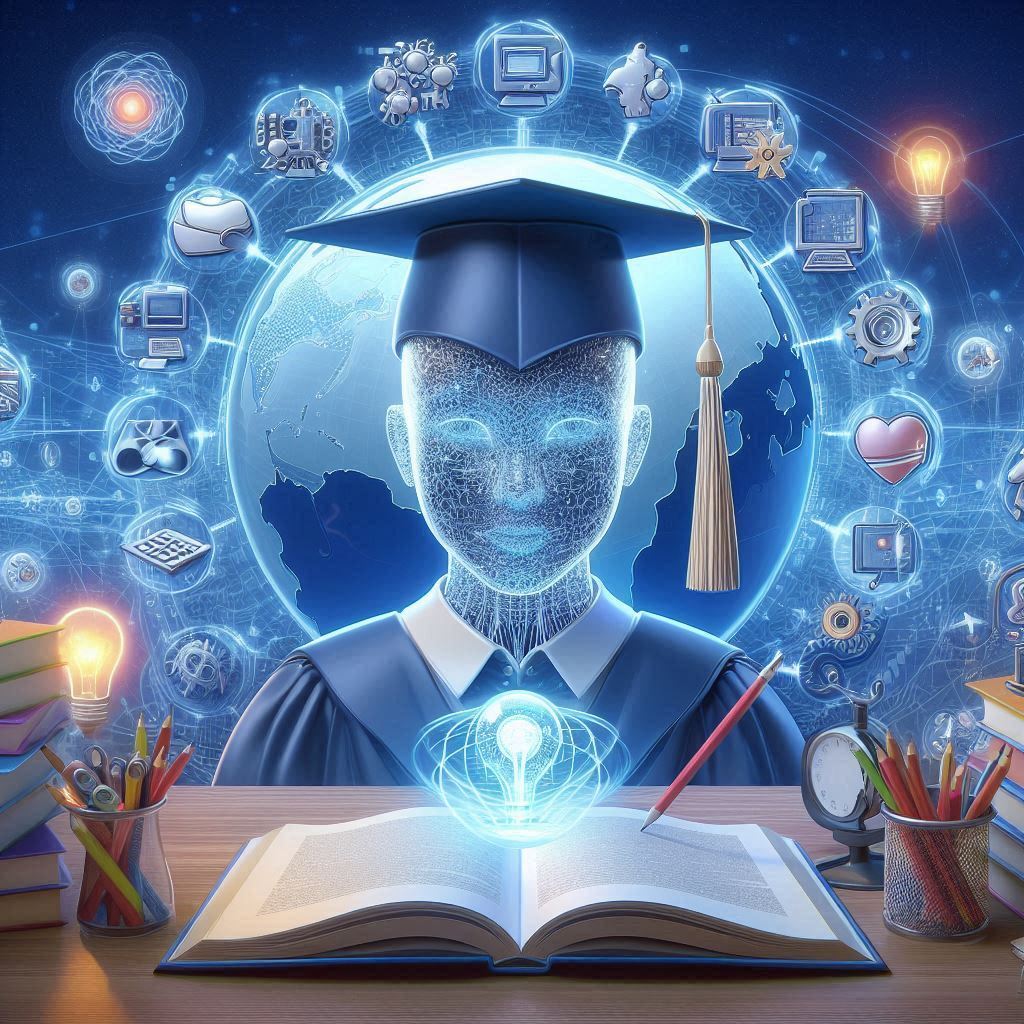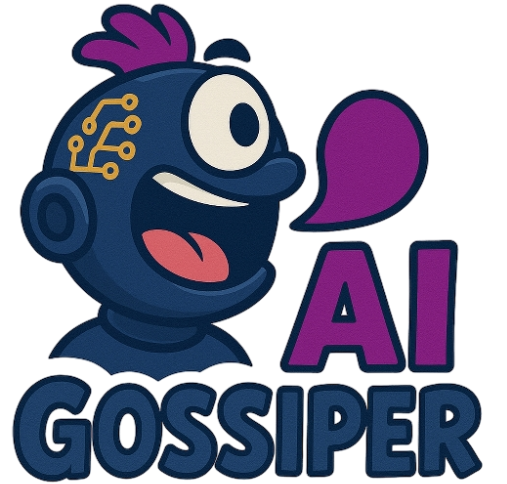
Artificial intelligence (AI) is transforming education at an unprecedented pace, reshaping how students learn and educators teach. In 2025, AI-powered tools and technologies are no longer futuristic concepts but integral parts of classrooms and online learning environments worldwide. From hyper-personalized learning experiences to immersive virtual reality (VR) and augmented reality (AR) applications, AI is creating more engaging, efficient, and inclusive education systems.
Personalized Learning Tailored to Every Student
One of the most significant impacts of AI in education is the rise of personalized learning systems. These platforms analyze vast amounts of data on student performance, learning styles, and preferences to tailor educational content dynamically. Whether a learner is visual, auditory, or kinesthetic, AI adapts the pace and delivery of lessons to optimize comprehension and retention. This approach ensures that no student is left behind and that motivation and engagement remain high throughout the learning journey.
AI-driven personalized learning platforms like Squirrel AI and Microsoft’s Reading Coach exemplify this trend by offering customized programs that respond in real time to individual progress. Educators benefit as well, gaining insights into students’ strengths and weaknesses, allowing for targeted interventions and support.
Immersive and Interactive Learning with AI-Powered VR and AR
Beyond personalization, AI is enhancing education through immersive technologies such as VR and AR. These tools transport students to virtual environments where they can explore historical sites, conduct science experiments, or practice complex skills in safe, simulated settings. AI further enriches these experiences by adjusting scenarios based on the learner’s performance, providing tailored challenges or additional support as needed.
Gamification, combined with AI, is also reshaping engagement by incorporating game-like elements such as quizzes, leaderboards, and scavenger hunts into learning platforms. This strategy boosts motivation and makes learning more enjoyable, especially in digital education contexts.
AI Tutors, Real-Time Feedback, and Automated Assessment
AI-powered virtual tutors are becoming essential educational assistants, offering 24/7 support to students. These tutors clarify doubts, provide explanations, and generate practice problems instantly, reducing the dependency on in-person help and enabling continuous learning outside the classroom.
Automated grading systems and AI analytics provide immediate feedback on assignments and exams, helping students identify areas for improvement and allowing educators to monitor overall class performance efficiently. Such tools reduce teacher workload and improve the speed and quality of assessments.
Bridging Language Barriers and Expanding Accessibility
AI’s natural language processing capabilities are breaking down language barriers in education. Real-time translation and speech recognition tools enable non-native speakers to access content and participate fully in learning activities. Language learning platforms like Duolingo leverage AI to personalize lessons and provide instant pronunciation feedback, making language acquisition more effective and accessible.
Preparing Students for the Future Workforce
Education in 2025 is not just about academic knowledge but also about equipping students with skills relevant to the evolving job market. AI supports workforce-focused education by enabling personalized career guidance, identifying skill gaps, and facilitating upskilling and reskilling pathways. Collaborative efforts between educational institutions and industries are increasingly integrating work-based learning models such as apprenticeships and internships, supported by AI-driven insights.
Overcoming Challenges and Ethical Considerations
While AI offers tremendous opportunities, it also presents challenges, including data privacy, equity of access, and the need for teacher training to effectively integrate AI tools. Policymakers and educators must address these issues to ensure AI enhances education without exacerbating existing inequalities.
Unlock Your Academic Potential with The Quantum Brain System
As AI continues to revolutionize education, students can also harness cutting-edge learning optimization methods to boost their academic performance. The Quantum Brain System is a revolutionary 7-module program designed to help students double their learning speed, enhance memory retention, and dramatically improve academic results — all in just 10 minutes a day.
This innovative system requires no medication and allows students to maintain their social lives while transforming how they learn. If you’re ready to take control of your academic success and experience the future of learning optimization, explore the benefits of The Quantum Brain System today.
Transform your academic performance now with The Quantum Brain System and unlock your full learning potential! The Quantum Brain System

